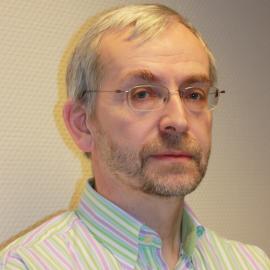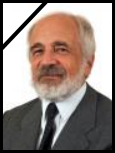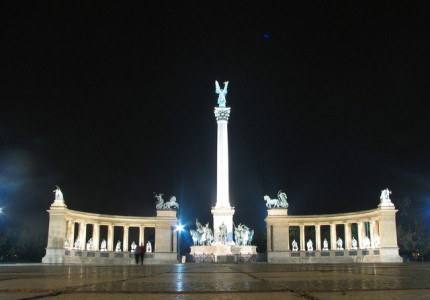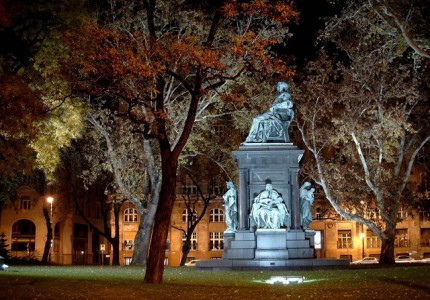Plenary lectures

System Identification in the real world
Johan Schoukens
Vrije Universiteit Brussel
Read abstract & CV
The engineering and scientific community makes use of mathematical models to understand, predict, and control the world around us. These mathematical models are often obtained from first principles, making use of detailed knowledge about the physical laws that describe systems. The major advantage of such an approach is that it provides detailed physical models that give much insight into the problems studied, however, at the cost of a long and difficult modeling process. At the other end of the possible modeling strategies we find the data-driven approach, where all information is retrieved from experimental data. These models are called black box models, and it is usually less expensive and less time-consuming to get them.
System identification theory was developed to address the need for good methods to estimate mathematical models from noisy data. Nowadays mature and inexpensive tools are available to derive good models for linear dynamic systems. However, many systems are nonlinear so that more advanced tools are needed. Building nonlinear models is much more involved, more expensive, and more time consuming than identifying a linear model. For that reason it is an important decision at the beginning of a design procedure, whether a linear or a nonlinear model should be identified.
In the first part of this lecture it will be shown that it is possible to detect, qualify, and quantify the presence of nonlinear distortions. On the basis of this information it can be decided if an inexpensive linear model will be good enough for a successful design, or that a more elaborated nonlinear modeling effort should be made. In the second part, the impact of nonlinear distortions on the linear identification framework will be discussed, so that the user gets a better understanding of the potential risks and problems when linear models are used in a nonlinear setting. Eventually, in the third part of the presentation a number of nonlinear modeling strategies will be discussed, considering unstructured and highly structured models.
————
Johan Schoukens received both the degree of master in electrical engineering in 1980 and the degree of doctor in engineering (PhD) in 1985 from the Vrije Universiteit Brussel (VUB), Brussels, Belgium. In 1991 he received the degree of Geaggregeerde voor het Hoger Onderwijs from the VUB, and in 2014 the degree of Doctor of Science from The University of Warwick.
From 1981 to 2000, Johan Schoukens was a researcher of the Belgian National Fund for Scientific Research (FWO-Vlaanderen) at the Electrical Engineering (ELEC) Department of the Vrije Universiteit Brussel (VUB) where he is currently a full-time professor in electrical engineering. Since 2009 he is visiting professor at the department of Computer Sciences of the Katholieke Universiteit Leuven. His main research interests include system identification, signal processing, and measurement techniques. Johan Schoukens has been a Fellow of IEEE since 1997. He was the recipient of the 2002 Andrew R. Chi Best Paper Award of the IEEE Transactions on Instrumentation and Measurement, the 2002 Society Distinguished Service Award from the IEEE Instrumentation and Measurement Society, and the 2007 Belgian Francqui Chair at the Université Libre de Bruxelles (Belgium). Since 2010, he is a member of Royal Flemish Academy of Belgium for Sciences and the Arts. In 2011 he received a Doctor Honoris Causa degree from the Budapest University of Technology and Economics (Hungary). Since 2013, he is a honorary professor of the university of Warwick.
He is (co-author) of the books
- System Identification: A Frequency Domain Approach, 2nd Edition. Rik Pintelon, Johan Schoukens, ISBN: 978-0-470-64037-1, 788 pages, 2012, Wiley-IEEE Press.
- Mastering System Identification in 100 Exercises. Johan Schoukens, Rik Pintelon, Yves Rolain, ISBN: 978-0-470-93698-6, 282 pages, 2012, Wiley-IEEE Press.



















